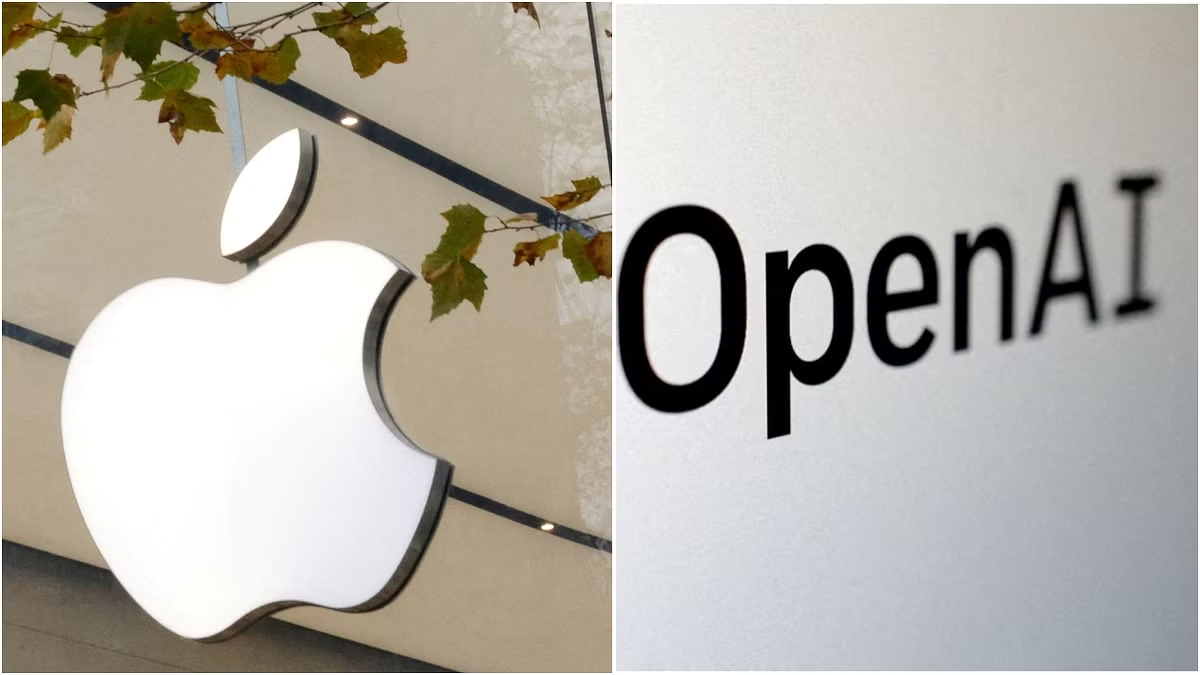A Look Behind the Curtain
Traditionally, technology partnerships involve a straightforward exchange of resources. One company pays another a set sum for access to technology, talent, or market reach. However, Apple’s deal with OpenAI appears to defy this convention. According to sources familiar with the matter, Apple isn’t offering OpenAI any upfront cash for ChatGPT. Instead, the “payment” comes in the form of unparalleled distribution.
Imagine granting access to ChatGPT on hundreds of millions of Apple devices. This translates into an exponential increase in user exposure for OpenAI’s technology. The sheer volume of data generated by these interactions will provide OpenAI with invaluable insights to further refine and improve ChatGPT. This, in itself, becomes a valuable asset, potentially leading to the development of even more advanced AI models.

Benefits for Both Sides
For Apple, the benefits are clear. Integrating ChatGPT into its ecosystem allows the company to offer a significantly more robust and user-friendly experience. Imagine a Siri that can not only answer your questions but also generate creative text formats, translate languages, and even write different kinds of content. This enhanced functionality could potentially entice more users to the Apple ecosystem and further solidify the company’s position as a leader in innovative technology.
Unforeseen Challenges?
While the distribution-based payment seems like a win-win on the surface, there are potential challenges lurking beneath the shiny veneer. Experts are focusing on the following issues:
- Traffic Overload: OpenAI’s current infrastructure might not be able to handle the surge in user traffic generated from millions of Apple devices. This could lead to slow response times or even service outages, ultimately hindering the user experience.
- Monetization Model: While increased user data translates to better AI models, it doesn’t directly translate to revenue for OpenAI. Building a sustainable monetization model remains crucial for their long-term success.
A Glimpse into the Future
Apple’s innovative approach to the OpenAI partnership signifies a potential shift in the way technology partnerships operate. Here’s what this might mean for the future:
- Rise of Distribution-Based Deals: This model could be adopted by other tech companies seeking to access cutting-edge technology without the hefty upfront costs. Imagine social media platforms offering access to their user base in exchange for AI features.
- Focus on User Data: Data, the fuel for AI development, becomes a valuable commodity. Companies will likely prioritize partnerships that grant access to vast amounts of user data while ensuring responsible data practices remain in place.
- OpenAI’s Next Move: With access to a massive user base on Apple devices, OpenAI’s next steps will be crucial to their long-term success. Will they develop a paid premium tier like ChatGPT Pro specifically for Apple users? Or will they explore alternative revenue streams such as offering custom AI solutions to enterprise clients?
The Final Verdict
Apple’s decision to “pay” for ChatGPT through distribution is a bold move that challenges the traditional tech partnership landscape. While the long-term consequences remain to be seen, one thing is certain: it sets the stage for a future where AI development thrives on data exchange and user engagement. This innovative approach has the potential to benefit both companies and reshape how we interact with technology in the years to come.
















Add Comment